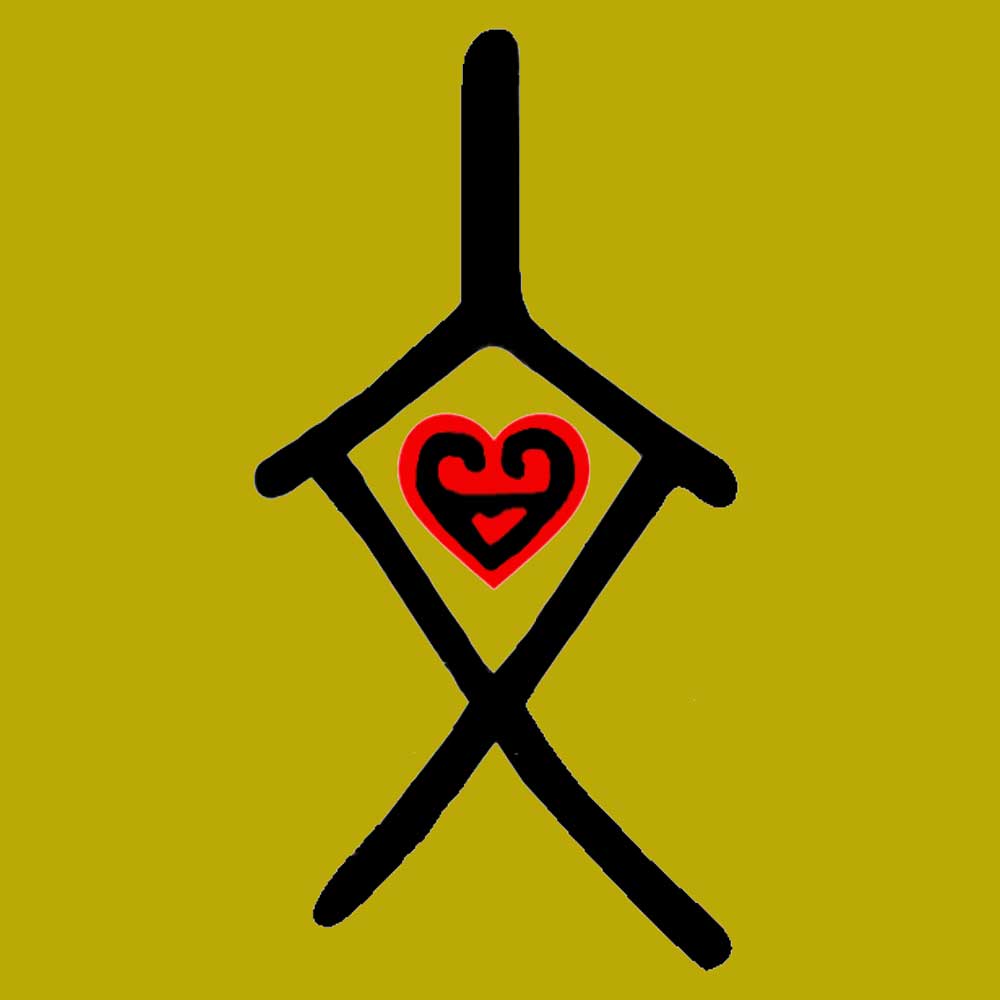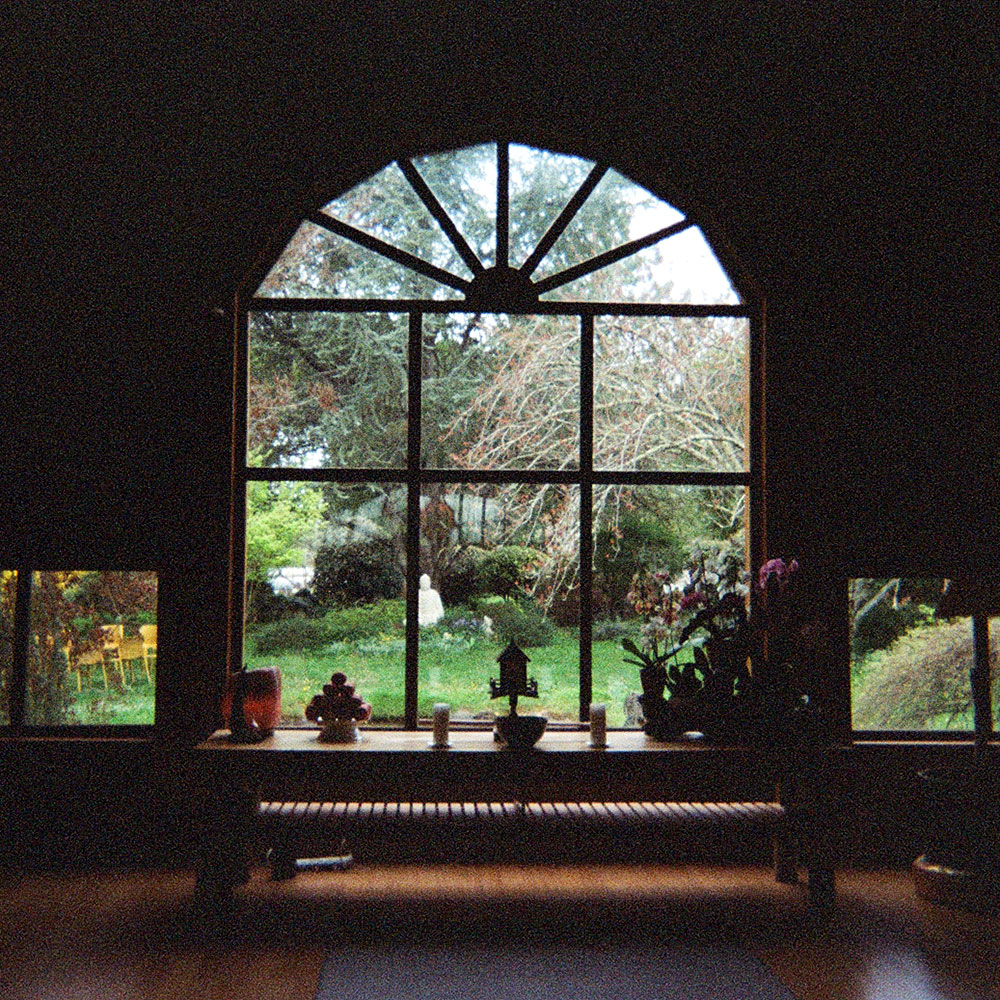
Deepening our Understanding of Confucianism & Daoism for Clinicians & Social Activists: Enriching Applied Approaches for Asian-American/Pacific Islanders
Nancy Liu | Associate Clinical Professor, Psychology | UC Berkeley
Heng Du | Assistant Professor, Chinese | Wellesley College
Boaz Tang | Graduate Student, Asian American Studies | San Francisco State University
Stephen Chen | Associate Professor, Psychology | Wellesley College
Confucian and Daoist ideas are significantly oversimplified as typically applied and understood within mental health and social activism. Concepts such as filial piety, harmony, and collectivism are often described in static, unchanging terms, such as in discussions of psychotherapy cultural competence. As a result, recommendations and approaches for Asian-American/Pacific Islander (AAPI) populations are at best, blunt and over-prescriptive and at worst, reinforce negative stereotypes of populations as simplistic, conforming, and emotionally-impoverished. This working group will bring together an interdisciplinary group of scholars with research expertise in Chinese history and philosophy, cultural psychology, and sociology, as well as applied expertise in clinical psychology and social activism with AAPI groups. Through monthly meetings over the course of approximately 1.5 years, the working group will produce at least 2 products: one scholarly and one public-facing. We also anticipate the generation of additional ideas and potential for future collaborations.
Keywords: Activism, Confucianism, Doaism, Healing, Mental Health

Exploring Restorative Justice as a Healing Process to Address Caste Discrimination Cases on US Campuses
Jeffery Long | Professor of Religion, Philosophy and Asian Studies | Elizabethtown College
Vrajvihari Sharan | Director for Hindu Life & Adjunct Professor | Georgetown University
Asha Shipman | Director of Hindu Life | Yale University
We propose forming a working group to explore the feasibility a restorative justice response on US campuses to address caste discrimination. US campuses have been considering or have added caste discrimination as part of their non-discrimination policies which move it into the domain of criminal justice and equate it to racial discrimination. In recent years campus administrators have begun employing restorative justice practices to address student misconduct and bias incidents in a way that aids in conflict resolution while also fostering healing, fairness, feelings of belonging, and closure. The topic of caste is very tender and sensitive within the US Hindu community, leading to deep anxiety about how to properly address it. Hindu chaplains are well equipped to create safe and equitable spaces similar to the restorative justice space. Analogous practices within dharmic traditions which mirror restorative justice practices suggest restorative practices would be well received by the Hindu community.

Refugee Reconnections: Vietnamese-American organizing in the California Carceral State
Victoria Huynh
Graduate Student, Ethnic Studies
University of California, Berkeley
This research project centers Vietnamese-American grassroots organizing as a site to theorize a framework of healing from refugee trauma. As Vietnamese refugees in the United States are continually displaced by war, incarceration, and deportation, this project asks: how do Vietnamese refugees draw from their spiritual and cultural traditions in order to address the fractures of trauma? How might these embodied, epistemological practices help activists to challenge the state structures responsible for displacement? To examine these questions, in-depth interviews and participant-observation will be conducted with a California-wide network of organizations fighting to free Vietnamese communities from incarceration and deportation: the Asian Prisoner Support Committee, API-RISE, and VietRise. This research project aims to interrogate refugee trauma as the consequence of the U.S. carceral and immigration systems, and to explore spiritual modalities of healing.
Keywords: Activism, Healing, Refugee, Vietnamese American
